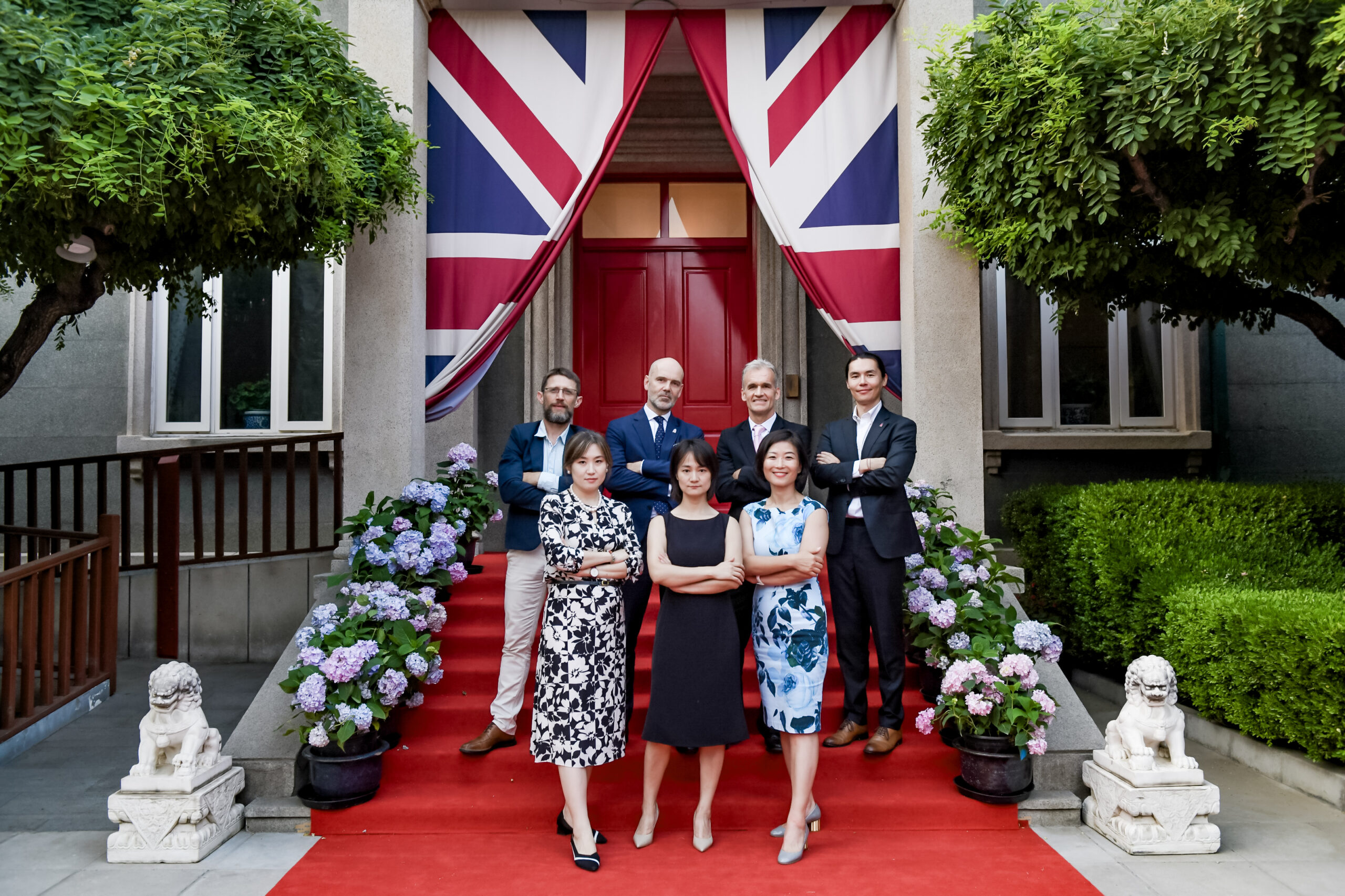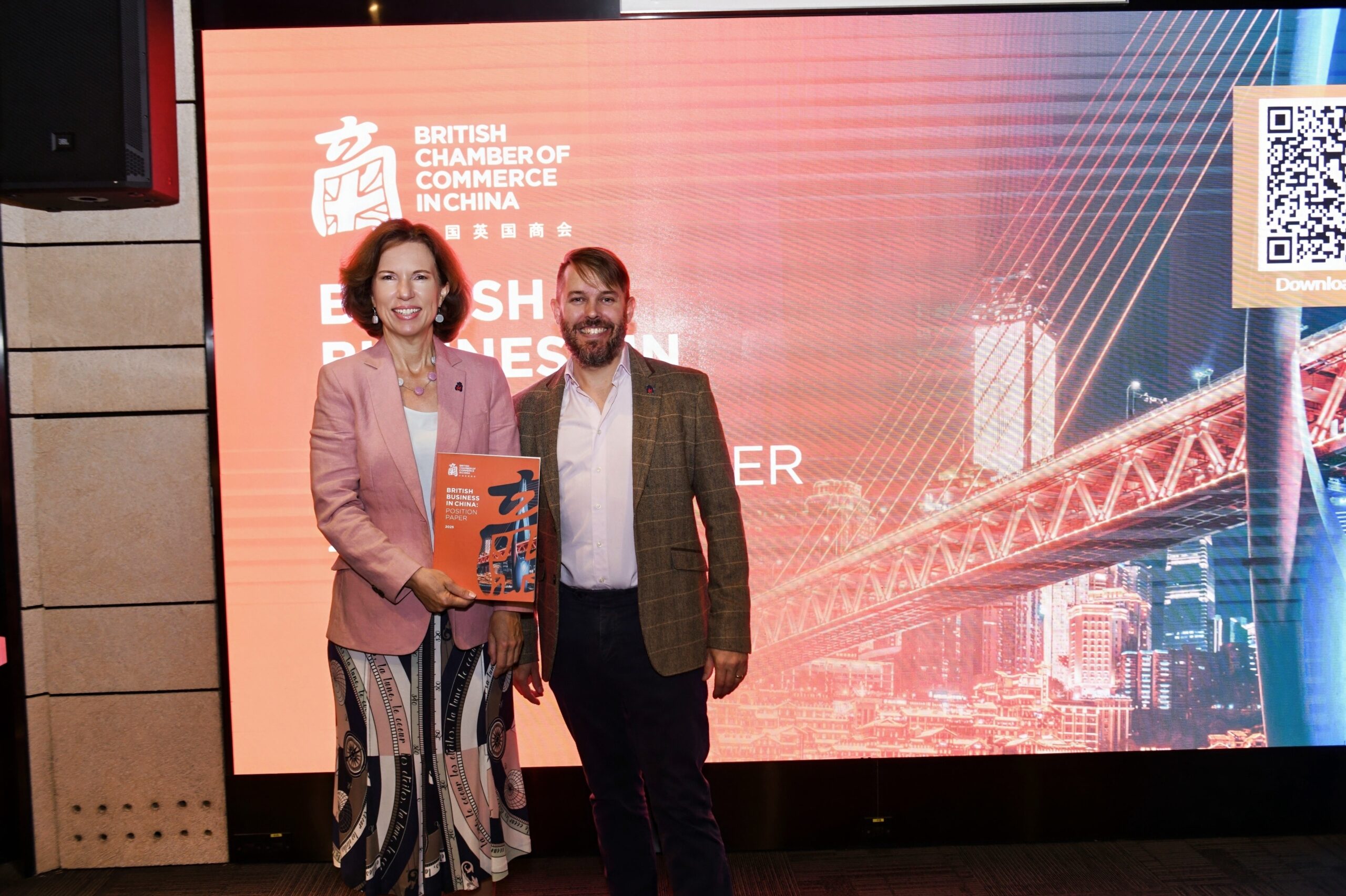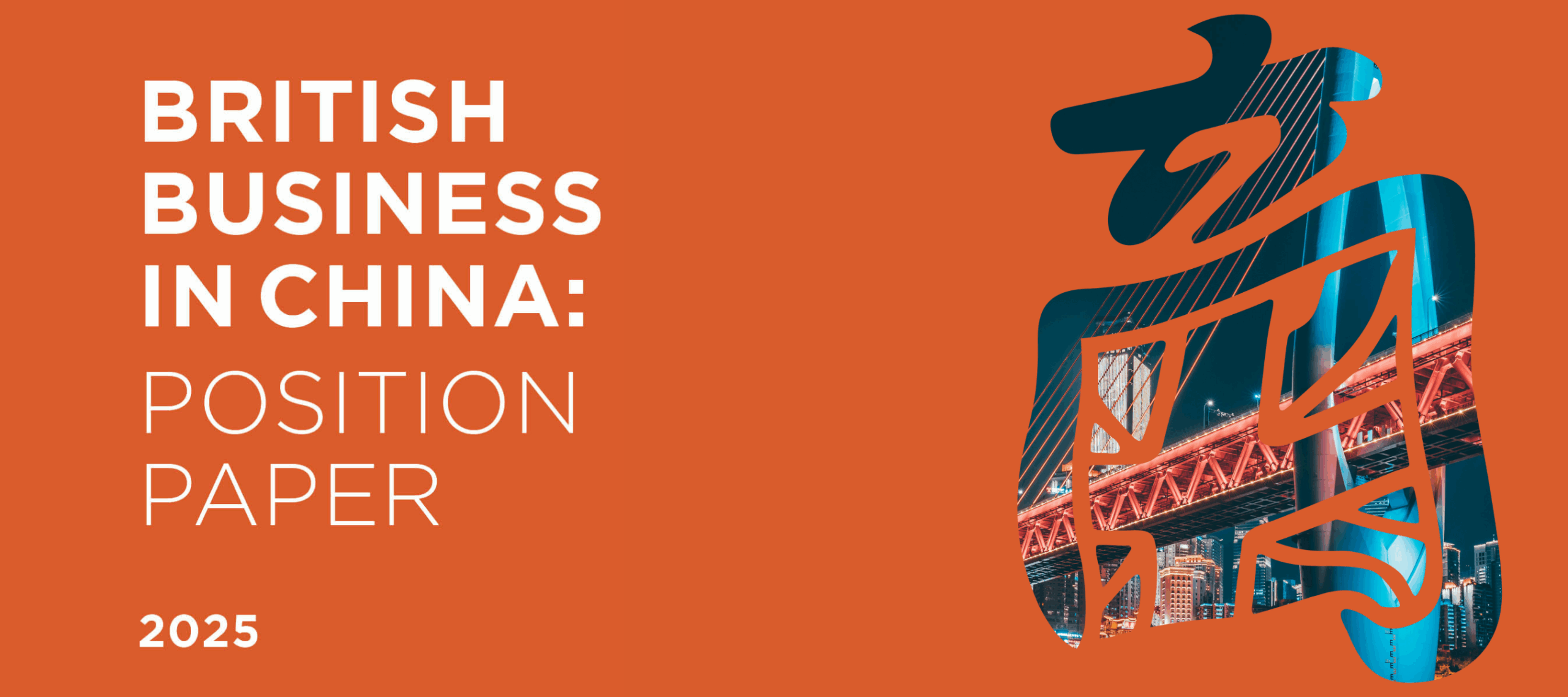We are delighted to announce our new Executive Committee of ten business professionals. The committee…

Letter from BritCham Chair on meeting with Premier Li Keqiang
I was honoured to attend the meeting with Premier Li as part of the Global Trade and Investment Promotion Summit convened to mark the 70th anniversary of CCPIT. Premier Li was joined at the meeting by Vice Premier Hu Chunhua, State Council Secretary-General Xiao Jie, NDRC Minister He Lifeng, and CCPIT Chair Ren Hongbin.
Speakers included representatives from the 48 Group Club, US-China Business Council, Korea Trade-Investment Promotion Agency, the Malaysia-China Business Council, the Japanese Chamber of Commerce, EU Chamber of Commerce and AmCham.

All paid tribute to the achievements of CCPIT during the past 70 years and the deep trade and investment relations that have been established but concerns were raised over the current predicament that businesses face in China due to COVID-19. Speakers raised growing concerns over the predictability of the Chinese market and the disruption current COVID-19 control measures is having on logistics, and supply-chains. “Business is being throttled, with no light at the end of the tunnel”.
While emphasising that businesses represented are deeply committed to be in China for China and for the long-term, the many surveys undertaken highlight a growing trend of companies that are considering reducing their investment. The flow of talent leaving China was highlighted, as well as the affect that border restrictions are having limiting travel into China. While this remains the case, executives and board representatives globally are travelling freely and being enticed establish themselves in other markets. Meanwhile the absence of visitors from China to global headquarters means inevitably the importance and understanding of China is diminishing in the eyes of global corporate headquarters. Personal contact is essential to restoring this. The economic impact from the lockdowns is starting to become evident, and China’s economic slowdown will have ramifications for the global economy.
Recommendations put forward included:
- Place all efforts in order to vaccinate the vulnerable
- Ensure best vaccines are available to improve resilience
- Introduce self-isolation to save hospital beds for those who need it.

Li was deeply attentive, relaxed and spoke freely, without notes. His remarks centered on well-being, wealth and peace. It was business, he said, that paved the way for governments to engage with China.Trade contributes to communication and is essential to maintain peace. Trade frictions and trade bottlenecks, he said, have had a negative impact on people’s well-being and on global-trade.
Li highlighted the tremendous potential that China’s growth presents. There remains huge opportunity as China seeks to upgrade manufacturing and grow the services economy. He emphasised the continued need China has to learn from advanced enterprises in developed economies, and that this required China to abide by the rules and ensure a level playing field for all. He said the government is ready for dialogue and consultation in order to address disagreement and disputes.
He asked the business associations represented to convey a message back to our governments, that China is listening to our views, concerns and comments. China hears the concerns about COVID-19 and is committed to striking a balance between epidemic control and economic development. He said this is a ‘special moment’ for China and he understands the supply-chain and logistics hindrances that businesses face, but that every effort will be made to help foreign enterprises investing in China in supply and manufacturing operations who encounter difficulty. He understands that business needs to keep running in order to survive and invited the Chambers to list and submit all concerns and difficulties to CCPIT. CCPIT will establish a special task-force to address these.
Li said that no company could afford long business disruption. The government is working on ways to improve the COVID response and reduce economic difficulties and he is confident that there will be ‘sunshine after the rain’. He finished, saying that China must continue to open up, expand manufacturing and move up the industrial value-chain. He emphasized that the size of China invariably means that there is inconsistency and that different problems will be encountered in different places. He appreciated that everything is not perfect, but in order to improve it is essential for the government to know about the challenges business is facing and any unfair treatment experienced. He therefore emphasised the important role that the Chambers of Commerce and business associations play in presenting this directly and candidly.
In his closing remarks, he said that trade can only take place in an environment of peace. It can’t be forced or grabbed. Trade and trade promotion is essential to peace and stability and it is essential for governments to continue to engage with business in order to build more dynamic and resilient trading relationships.
The British Chamber will continue to advocate for member companies’ issues and communicate regularly with the Chinese and UK governments. To find out more about our advocacy work, please contact us at: advocacy@britishchamber.cn.



